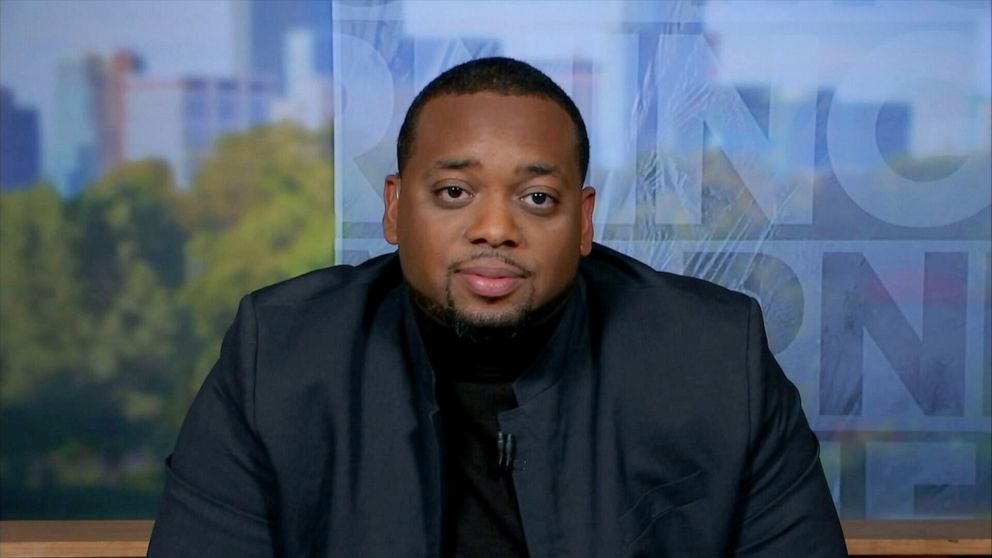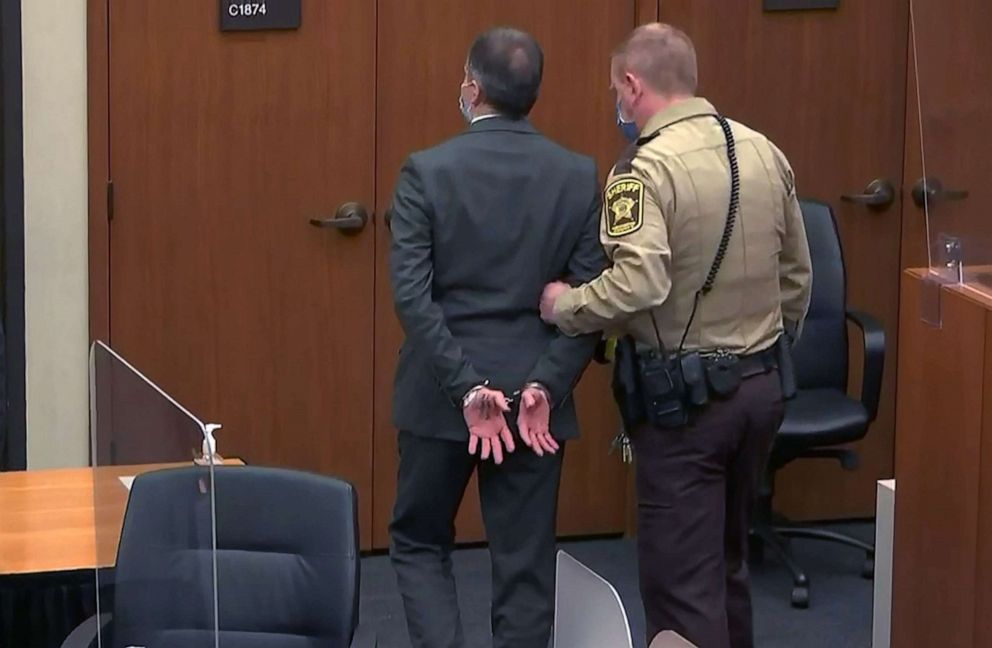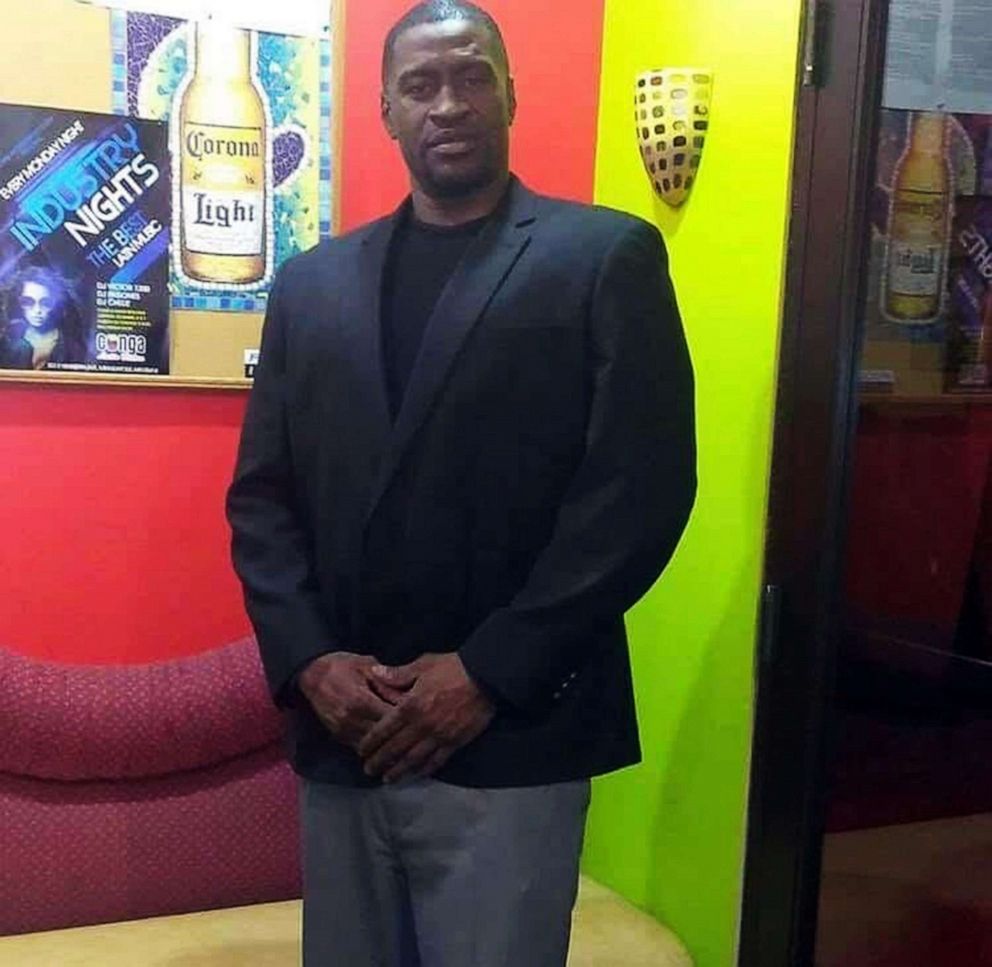Derek Chauvin juror says trial was like 'watching somebody die on a daily basis'
The jury found Derek Chauvin guilty of all charges against him.
Brandon Mitchell, juror 52 in the trial against former Minneapolis police officer Derek Chauvin for the murder of George Floyd, said being in the courtroom for the high-profile case was like "watching somebody die on a daily basis."
But Mitchell, a 31-year-old basketball coach at North Community High School in Minneapolis, said he and the other 11 jurors didn't watch the news during the trial or deliberations, so they weren't aware of the racial climate or protests going on outside.
"We were really just locked in on the case," Mitchell told ABC News' Robin Roberts in his first television interview, which aired Wednesday on "Good Morning America."
"I mean, those things are just so secondary because you're literally, throughout the trial, watching somebody die on a daily basis, so that stress alone is enough to take your mind away from whatever's going on outside of the four walls of the courtroom," he added.

Chauvin, 45, was filmed kneeling on Floyd's neck for more than nine minutes while arresting him on May 25, 2020, after responding to a call at a Minneapolis convenience store where Floyd allegedly used a counterfeit $20 bill. Floyd, a 46-year-old Black man who was unarmed and in handcuffs at the time, died after crying out that he couldn't breathe as Chauvin, who is white, ignored him. The widely seen video of the incident, which was taken by a bystander, sparked days of anti-racism protests and calls for police reform both nationwide and abroad.
"It's a historic video, unfortunately," Mitchell said. "It was probably the most important piece of evidence."
The Hennepin County Medical Examiner's Office in Minneapolis later classified Floyd's death as a homicide, saying his heart stopped as law enforcement restrained him and compressed his neck.

Chauvin was arrested and charged with second-degree unintentional murder, third-degree murder and second-degree manslaughter. Chauvin's trial began in March. He did not testify.
"It probably was to his detriment that he didn't take the stand because people were curious on what his thoughts were throughout the entire incident," Mitchell said.
After more than 10 hours of deliberations over the course of two days, the sequestered jury announced on April 20 that they had reached a unanimous verdict finding Chauvin guilty on all charges. He will be sentenced on June 25.

Mitchell said the deliberations were relatively "straightforward" but that "there were a few hiccups with terminology and understanding exactly what the instructions were."
"There wasn't too much banter back-and-forth," he noted. "I think the one juror that was kind of, I wouldn't say slowing us down but was being delicate with the process more so, was just kind of hung up on a few words within the instructions and just wanted to make sure that they got it right."
Mitchell said he wanted to publicly extend his condolences to Floyd's family and let them know that "his name is going to live on."
"His legacy is now cemented in history, it's now become so much bigger than him as an individual," he said. "It will hopefully create some change within society."
ABC News' Kelly McCarthy contributed to this report